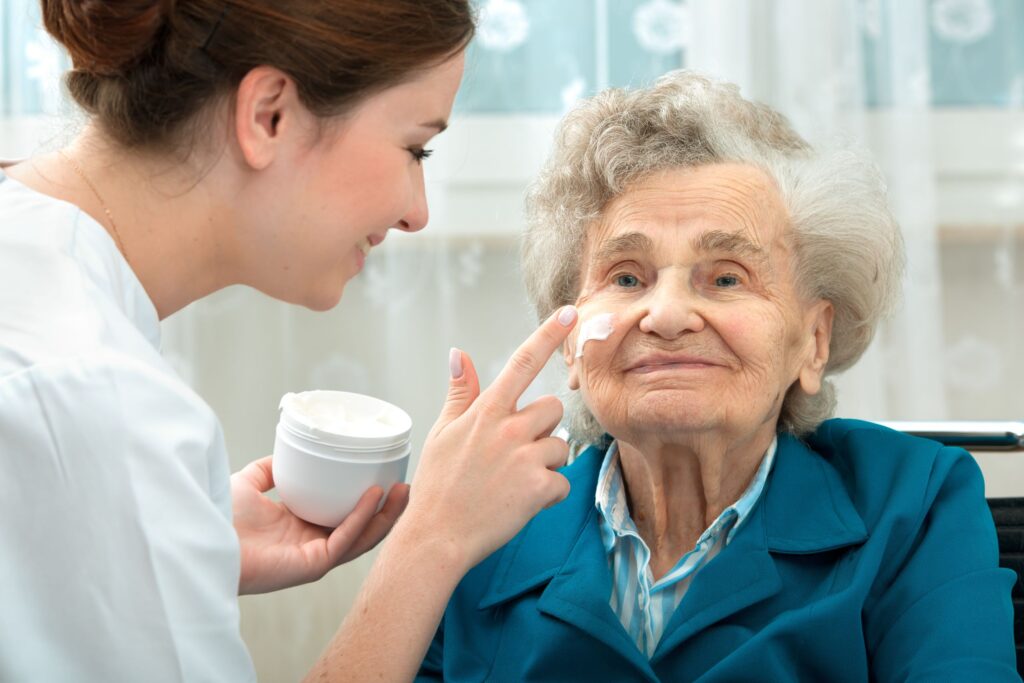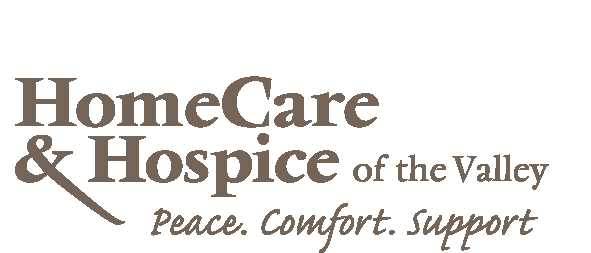Photo credit by Sallylinden@me.com

Your Care is Our Passion
With the dawning of each new day, we at HomeCare & Hospice of the Valley, feel honored to provide personal, in-home care, while enhancing the quality of life for those who are nearing the end of their life and are needing more assistance. We offer an array of services so that we can provide the support that people need so they can live their lives with dignity, respect, safety, and compassion.
- Palliative care
- Hospice care
- Grief and bereavement support
- Homemaking and companionship
- Veteran's Care

Palliative Care
If you or a loved one is living with a significant, complex illness, our team of clinicians and caregivers is by your side to offer pain relief, assist you in symptom management, and to provide support so that your overall quality of life is the best it can be.

Hospice Care
Maybe a cure isn’t possible but care always is.
You might ask “What do I do, and where do I start?” when you find yourself or a loved one nearing the end of life. Death is just a moment in time, but getting there is the journey. Our team is standing by to compassionately guide you through this incredible journey. We are here to offer you and your loved one the personalized direction and care you need while maintaining your dignity and respect.

Homemaking & Companionship
Independence is one of the top desires for todays’ seniors. You or a loved one may be struggling to keep up with the activities of daily living while wishing to continue to live at home. We can help you or your loved one continue to enjoy independence safely and assuredly at home by assisting with simple tasks that eventually become a challenge.
Our Care Services
We Believe Everyone Deserves Quality Care
What Families Are Saying
Lorem ipsum dolor sit amet, consectetur adipiscing elit, sed do eiusmod tempor incididunt ut labore et dolore magna aliqua. Ut enim ad minim veniam
Lorem ipsum dolor sit amet, consectetur adipiscing elit, sed do eiusmod tempor incididunt ut labore et dolore magna aliqua. Ut enim ad minim veniam
Lorem ipsum dolor sit amet, consectetur adipiscing elit, sed do eiusmod tempor incididunt ut labore et dolore magna aliqua. Ut enim ad minim veniam

Lorem ipsum dolor sit amet, consectetur adipiscing elit, sed do eiusmod tempor incididunt ut labore et dolore magna aliqua. Ut enim ad minim veniam
Have Any Questions?








